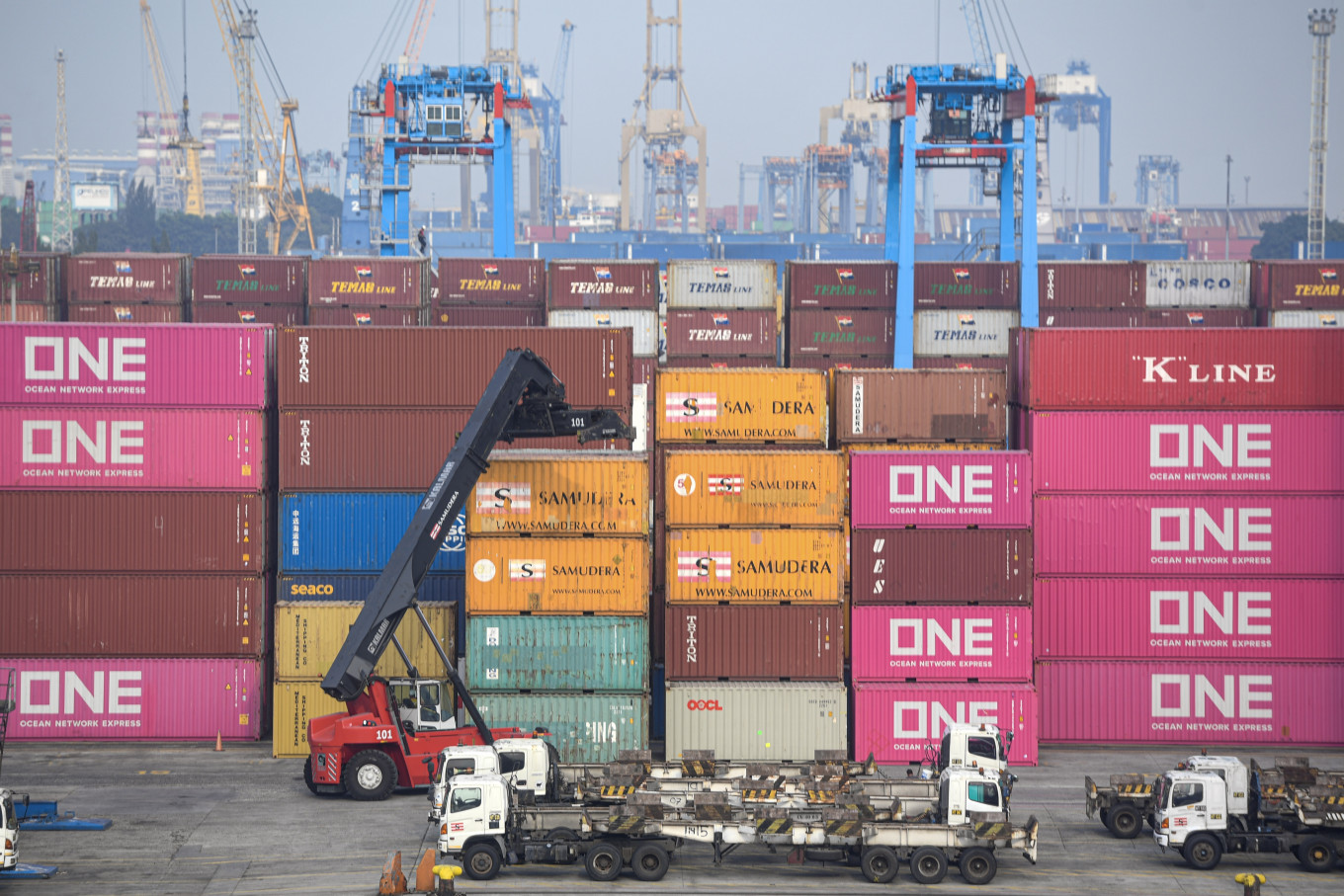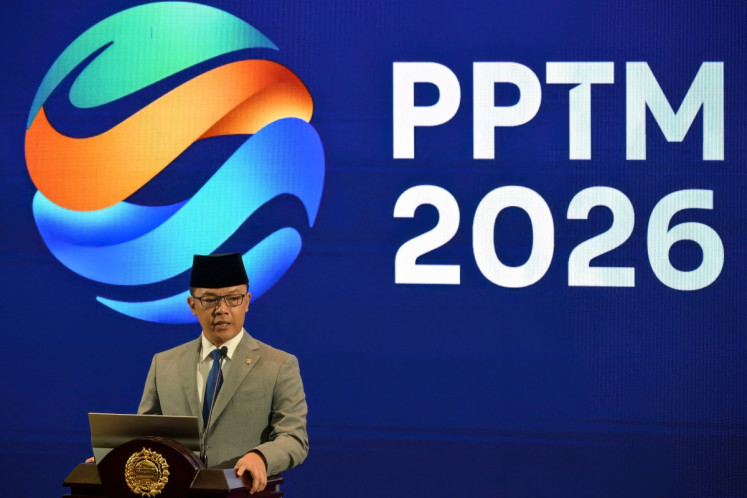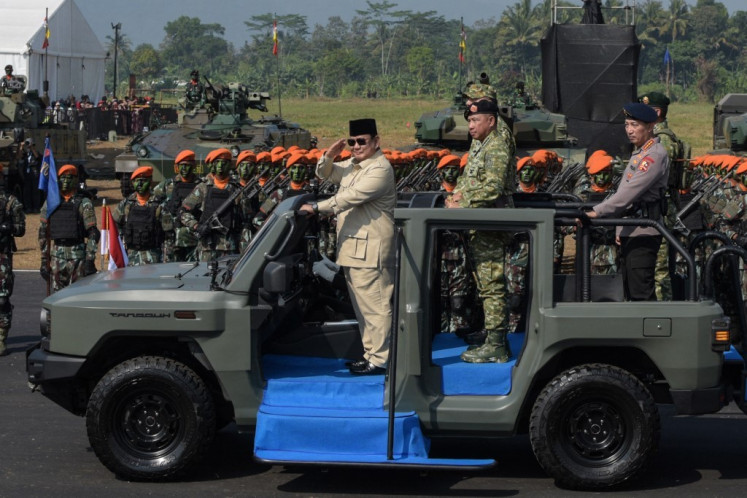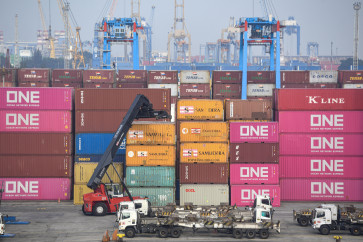Popular Reads
Top Results
Can't find what you're looking for?
View all search resultsPopular Reads
Top Results
Can't find what you're looking for?
View all search resultsNavigating protectionism: Indonesia and fragmented global trade
The world faces a new reality where trade becomes a matter of national security and global rules are eroded as power dominates.
Change text size
Gift Premium Articles
to Anyone
S
eventeen years ago, when I began my diplomatic career at the Foreign Ministry, I had the privilege of representing my country in numerous economic treaty negotiations. In those early years, I saw a strong confidence among negotiators and policymakers that globalization, built on the rules-based principles of market efficiency, would make everyone better off.
During this period, Indonesia actively embraced globalization, signing over 18 trade agreements, including the Indonesia-Japan Economic Partnership Agreement (IJEPA), the ASEAN - Australia New Zealand Free Trade Agreement (AANZFTA) and the Regional Comprehensive Economic Partnership (RCEP).
Indonesia's decision to liberalize its economy was strategic. Free trade agreements (FTAs) are strategic tools that provide both incentives and trade-offs for Indonesia to access stable global markets, attract foreign direct investment (FDI) and integrate into global value chains (GVCs). FTAs have contributed to our economic growth, as evidenced in Indonesia's GDP, which has more than tripled since IJEPA was in force in 2008.
However, over time, it became clear that the system is increasingly designed to promote a race to the bottom between countries in favor of corporate interests. Many economic agreements pushed for liberalization without adequate safeguards to help developing countries withstand the negative consequences of market fundamentalism.
Unsurprisingly, this approach has created ''winners'' in the form of many new billionaires we see today while causing wage stagnation and rising inequality among the middle and working classes globally. As Joseph Stiglitz argued, the benefits of globalization were somehow oversold, and its costs were ignored, which caused the growing discontent that helped fuel the populist backlash worldwide.
In response, countries have tried to fix the globalization rules by embedding new norms into trade and investment agreements, such as human rights considerations, labor rights protection, environmental standards and inclusive development. While its goal to promote a race to the top is important, these new norms represent the selective interests of developed countries, with limited consideration for the diverse needs and development priorities of developing countries.
While the imbalance between developed and developing countries remains, the gap is narrowing. Negotiators from developing countries are becoming more coordinated and capable of defending their interests and pursuing development priorities in economic agreements.


















